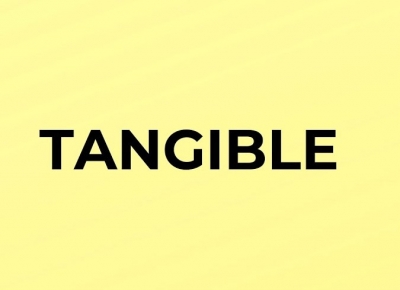What are the meaning, origin and usage of the word beleaguered?

Beleaguered
When something is "beleaguered", it is being attacked from all sides. It refers to a person, a place or an organisation, experiencing many difficulties, opposition or criticism.
Origins
There is an interesting story behind its etymology. Beleaguered' comes the Dutch word "belegeren" meaning "to camp around". It is believed that Dutch soldiers referred to camps as "legers". And, English soldiers who came in contact with them too started calling them "leaguers". But both "leger" and "beleaguer' can actually be traced back to Old English - leger is related to 'lair and 'be' is a commonly used prefix.
Usage
1. The COVID-19 pandemic had a huge impact on India's beleaguered economy.
2. The government will decide the fate of the beleaguered company.
Picture Credit : Google



